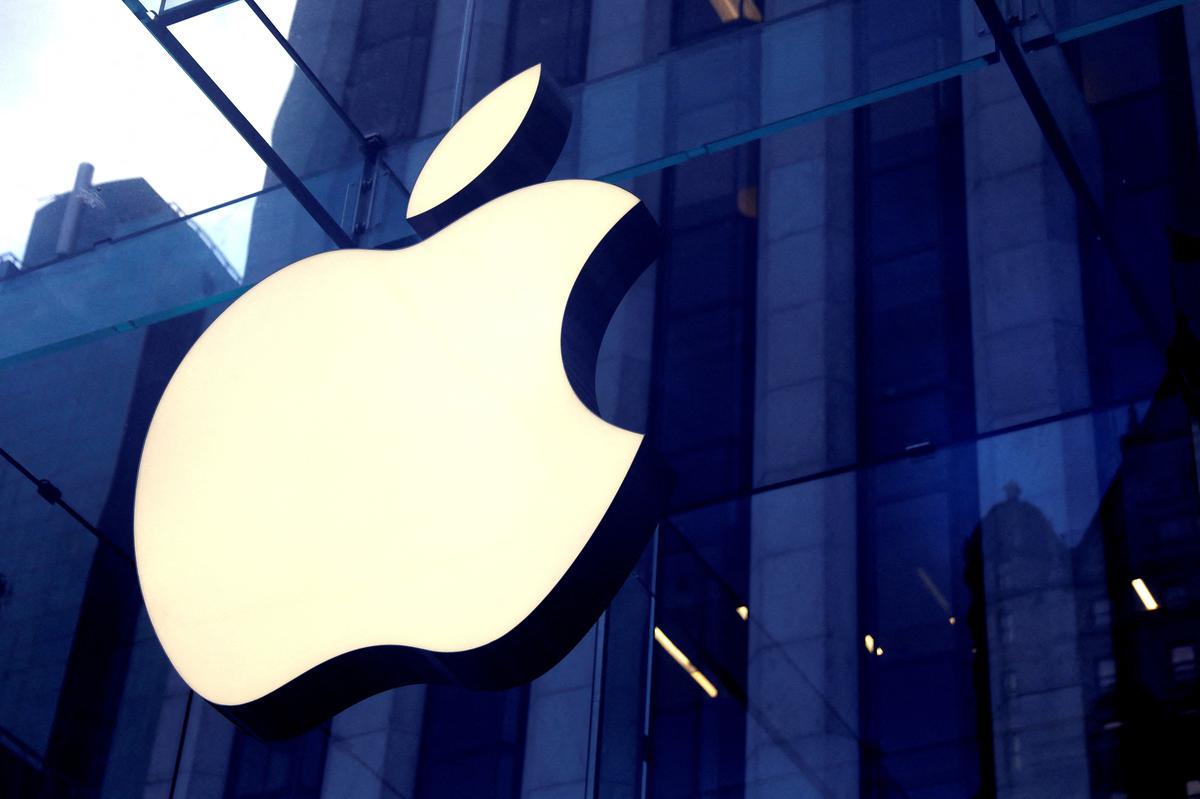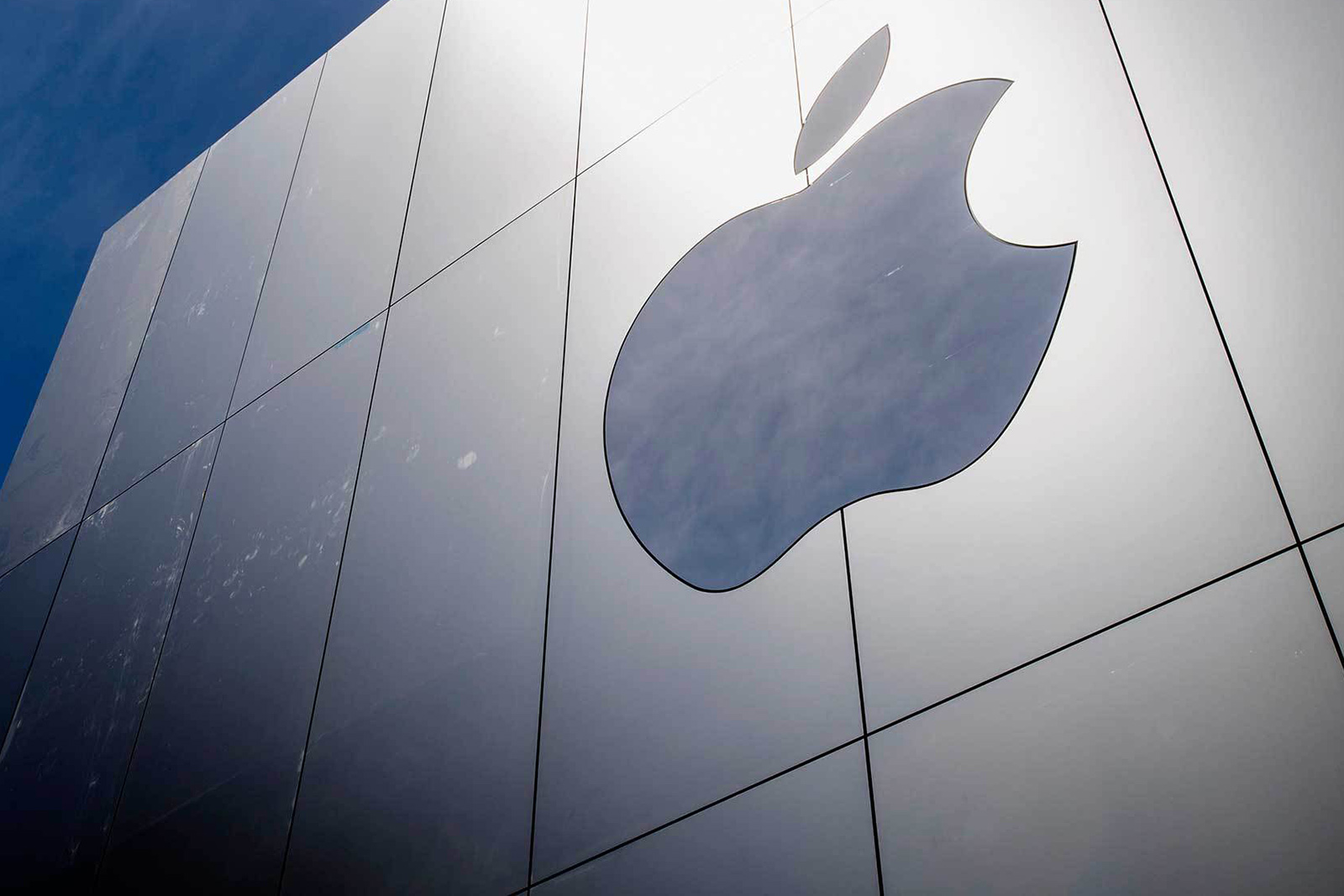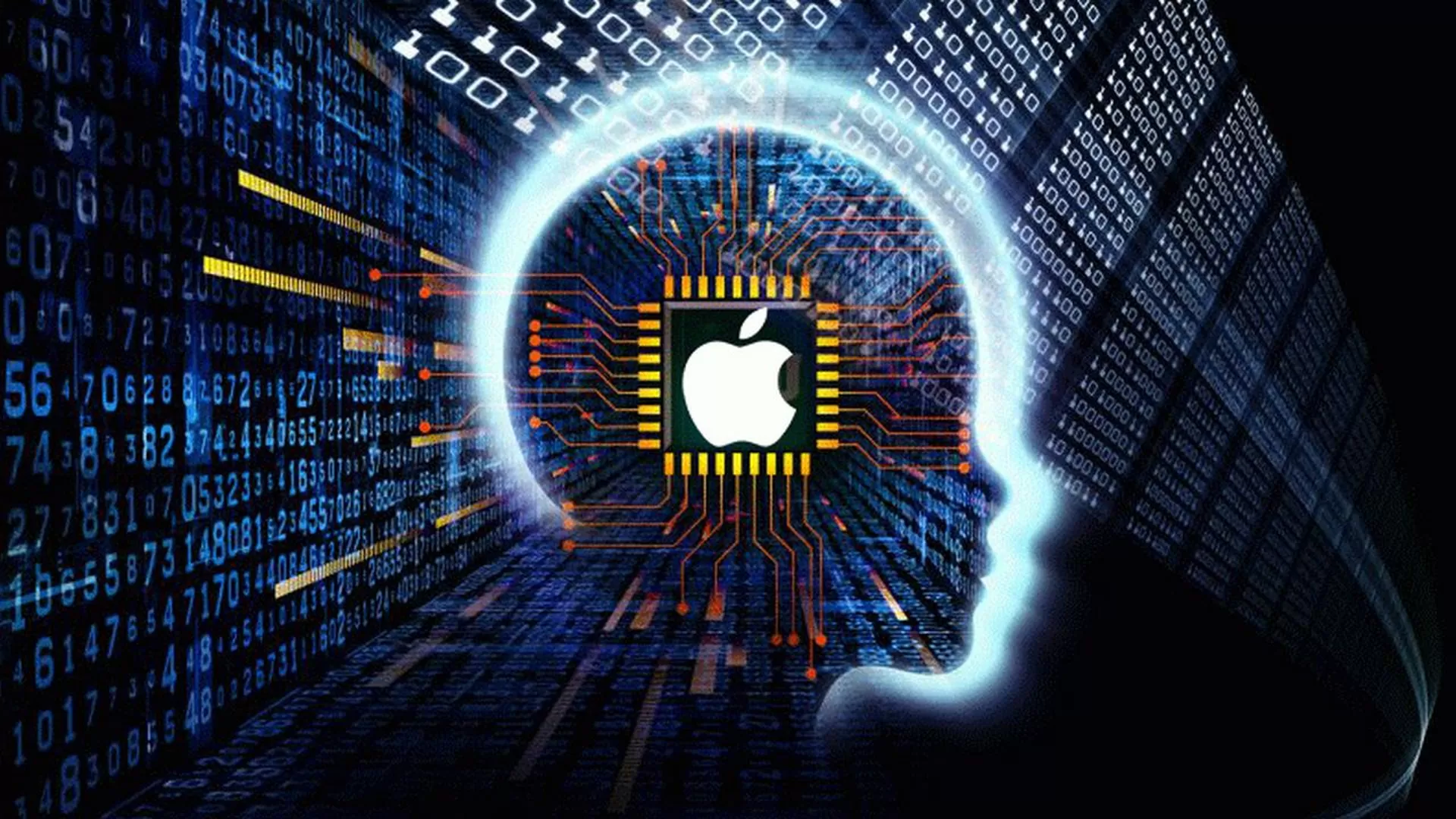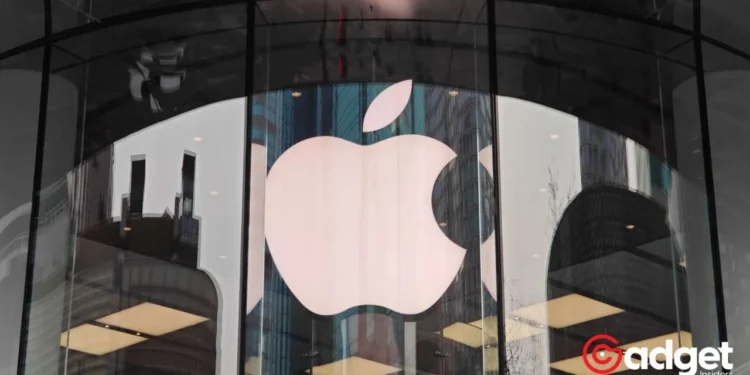In an era where technological evolution is relentless, Apple Inc., a titan in the tech world, has made a strategic pivot that’s stirring up the industry. Known for its innovative prowess and market-shaping products, Apple’s recent decision to halt its electric vehicle project, codenamed Project Titan, in favor of advancing its artificial intelligence (AI) capabilities, has sparked a wave of speculation and analysis.
This move signifies a potential recalibration of the company’s future ambitions and priorities, shining a light on the ever-increasing importance of AI in the tech landscape.

The End of the Road for Apple Car?
For years, the rumor mill churned with anticipation over Apple’s entry into the electric vehicle (EV) market. The prospect of Car competing with the likes of Tesla electrified discussions among tech enthusiasts and industry analysts alike. Reports of the tech giant poaching Tesla employees and filing numerous car-related patents added fuel to the fire of these speculations.
However, a Bloomberg report recently revealed that senior executives at Apple have decided to cease work on Project Titan. The announcement has sent shockwaves through the technology and automotive sectors, prompting a reevaluation of the company’s strategic direction.
The transition involves reallocating some Project Titan team members to its generative AI division, while others face layoffs or the opportunity to seek different roles within the company. This dramatic shift raises questions about its long-term vision and the factors influencing its decision to move away from the EV space, at least for the time being.

A Calculated Focus on AI
Apple’s pivot to AI is not merely a retreat from automotive ambitions but a forward-looking strategy aimed at capturing a pivotal area of technological growth. With competitors like Microsoft, Google, and Samsung making significant strides in AI, Apple’s intensified focus on this domain suggests a race to not just catch up but to innovate and lead.
Tim Cook, the company’s CEO, hinted at upcoming AI innovations during the annual shareholders meeting, promising groundbreaking developments in generative AI that could redefine the future.
The decision was finalized this month by Apple’s top executives after the project reached a make-or-break point. The company spent years changing strategy in an effort to save the effort. The company is laying off some working on car hardware. Others moving to AI division. https://t.co/zeUCWcjknS
— Mark Gurman (@markgurman) February 27, 2024
The strategic emphasis on AI over EVs is underscored by industry analysts’ insights. Neil Mawston from Strategy Analytics highlighted the immediate relevance of AI in this decade compared to autonomous EVs, which are seen as more central to the 2030s.
Similarly, Gene Munster of Loup Ventures posited that AI offers a larger growth opportunity for Apple than EVs, suggesting that excelling in both simultaneously might not be feasible.
Will Apple Car Make a Comeback?
Despite the current halt, the speculation about the future of Apple Car persists. Having reportedly invested over $10 billion in the project, the decision to pivot to AI is significant, leaving open the possibility of revisiting the automotive venture in the future.
Analysts are divided on this prospect, with some suggesting a potential revival once the tech giant has fortified its AI capabilities, and others doubting a return to automotive ambitions, emphasizing the shift as a clear realignment of the company’s strategic focus towards AI.

The Broader Implications
Apple’s strategic pivot has broader implications for the tech and automotive industries. For Tesla and other EV manufacturers, the company’s current withdrawal from the automotive race may come as a relief, reducing immediate competitive pressures.
However, it also signals a broader industry trend where major tech companies are vying for dominance in the AI space, acknowledging its critical role in shaping the future of technology. For Apple, this move is a bet on the transformative power of AI, with the potential to significantly impact its product ecosystem and revenue growth.
The company’s ability to innovate and lead in AI could redefine its trajectory and maintain its position at the forefront of technological innovation.










